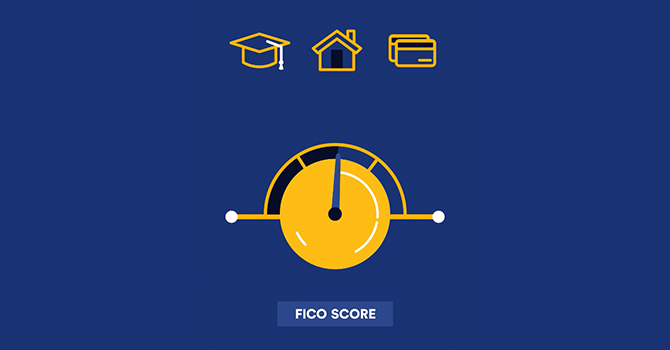Quick Budgeting Tips for Doctors
Many doctors don’t keep a formal written budget, but they should. Even high earners need a plan.

Following a budget can help doctors at all different career stages reach their financial goals. Whether you’re hoping to pay off med school loans, pay down your mortgage faster, or save more money for retirement, here are the steps to plan a budget and find a method that can help you reach your target.
Are you hoping to pay off those med school loans sooner, pay down your mortgage faster, or save more money for retirement? Whatever your financial goals, creating and following a budget can help get you where you want to go. Many doctors don’t keep a formal written budget, but they should. Even high earners need a plan.
Follow these steps to help you budget successfully:
First, make a list of financial goals and label each one short-term or long-term.
Then, choose a total amount you’d like to save each month to fund these goals.
Next, add up your monthly income and expenses, and see if you have enough left over to hit your savings target.
If not, you can adjust your monthly spending and look for ways to cut unnecessary expenses.
Finally, review your new budget regularly to keep your saving and spending in check.
There’s no one-size-fits-all budget, so be willing to tweak your approach as your career grows and your needs change. For more tips on budgeting – including how to use the 50/30/20 method – visit laurelroad.com/doctors. And remember: the best budget is the one you stick to!
Don’t miss the latest financial resources.
This site is protected by reCAPTCHA and the Google Privacy Policy and Terms of Service apply.
Get tailored Laurel Road resources delivered to your inbox.
Search Results


